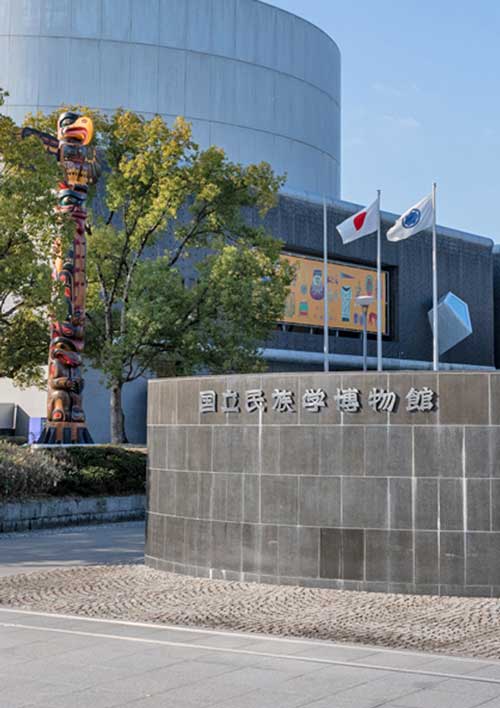特別研究 第6回オンライン研究会 Performing Arts and Conviviality

| 日時 | 2022年4月17日(日)10:00 – 12:00 |
|---|---|
| 場所 | オンライン開催 |
| 使用言語 | 英語 |
| 対象者 | 一般公開(参加無料/要事前申込/定員50名) |
| 参加申込 |
登録フォーム (4月15日締切) |
| 問い合わせ | E-mail:fken●minpaku.ac.jp ※●を@に置き換えてご送信ください。 |
Program
| From Anger to Bond: Imagining a New Buraku Community through Taiko Drumming. | Terada Yoshitaka (National Museum of Ethnology) |
| Dinner, a Movie and Liberian Singers. | Toni Shapiro-Phim (Brandeis University) |
| Chair: Hugh de Ferranti (Tokyo Institute of Technology) | |
Abstracts
From Anger to Bond:
Imagining a New Buraku Community through Taiko Drumming
Terada Yoshitaka
Among thousands of taiko groups in Japan, Osaka-based Kizuna (meaning “bonds”) holds a unique place due to the social background of its members and the professed objectives of their performance. Kizuna is based in a marginalized community in Japan known as Buraku. They drum primarily to eradicate Buraku discrimination, but also to raise consciousness about human rights in a broader sense. The Buraku community, previously despised as “outcaste” due to their “polluted” professions, have long been the sole makers of drums with animal hides. Mainstream society’s continuing negligence to acknowledge the taiko makers’ contribution to Japanese culture and history led to the establishment of Ikari (meaning “anger” or “rage”), a pioneering taiko group from the community, in the Naniwa section of Osaka city in 1987. Inspired by Ikari’s success, many other groups were formed in various Buraku communities in Osaka Prefecture. Ikari made an initiative to organize a joint concert in 1996 and the experience of playing together led to the establishment of Kizuna, a performance unit involving players from six Osaka-based taiko groups. In this presentation, I will describe how the raw energy derived from anger and frustration which characterized Ikari’s performance in its early years have shifted to more inclusive and less menacing presentations by Kizuna. Through their riveting performances, they have become the face of the community to the outside world, while their activities serve as an important venue for inter-generational and inter-regional communication within the community.
Dinner, a Movie and Liberian Singers
Toni Shapiro-Phim
In the documentary film, Because of the War, four Liberian women – mothers, singers, dancers, refugees and immigrants – reveal personal stories of activism and loss, of community building and community dislocation. Each of them has harnessed the potency of traditional Liberian expressive culture to forge paths of dignity and hope in the face of violence and the unknown, in both their homeland in West Africa and in North America, where they now live. Philadelphia (USA) is home to these women, plus more than 10,000 other Liberians, most of whom came to the U.S. during or after the civil wars that ended in 2003. Many live in under-resourced neighborhoods with high levels of violent crime. Because of the War was produced in hopes of shining a light on heroes in our midst, and on the potential of traditional arts to contribute to the re-building of communities, even when members of those communities have been displaced. It is a call against war, and against anti-immigrant sentiment and policy. This paper will share insights into a series of “dinner and a movie” nights, held in 2019, in which the women in the film – all famous recording stars – joined discrete audiences in Philadelphia for screenings of Because of the War, a meal, and focused conversation and in which I, as the movie’s director, played host. What happens, for example, when young Liberian-American women have a chance to ask questions of their singing star idols (all of an older generation) in an intimate setting? What obstacles and possibilities arise when scholars, social justice activists and artists collaborate, bringing together police officers and members of an African immigrant community that fears law enforcement? What next steps do participants in these “dinner and a movie” nights plan and actually take, to shift their world – their neighborhood – toward justice? This paper is informed by work in the fields of peacebuilding and the arts, trauma studies, ethnomusicology and cultural anthropology.
